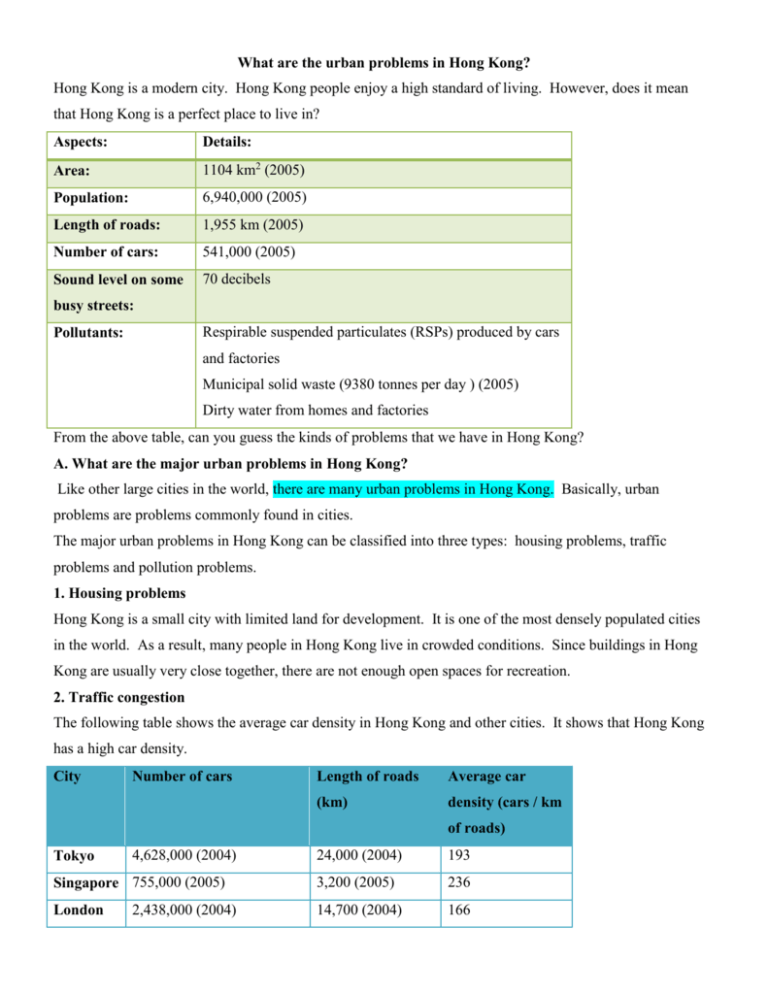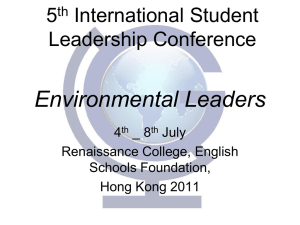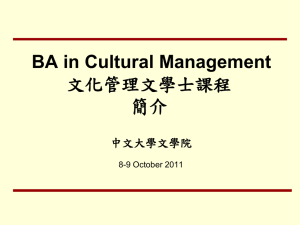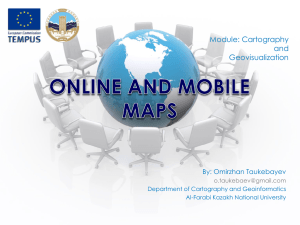12 What are the urban problems in Hong Kong
advertisement

What are the urban problems in Hong Kong? Hong Kong is a modern city. Hong Kong people enjoy a high standard of living. However, does it mean that Hong Kong is a perfect place to live in? Aspects: Details: Area: 1104 km2 (2005) Population: 6,940,000 (2005) Length of roads: 1,955 km (2005) Number of cars: 541,000 (2005) Sound level on some 70 decibels busy streets: Pollutants: Respirable suspended particulates (RSPs) produced by cars and factories Municipal solid waste (9380 tonnes per day ) (2005) Dirty water from homes and factories From the above table, can you guess the kinds of problems that we have in Hong Kong? A. What are the major urban problems in Hong Kong? Like other large cities in the world, there are many urban problems in Hong Kong. Basically, urban problems are problems commonly found in cities. The major urban problems in Hong Kong can be classified into three types: housing problems, traffic problems and pollution problems. 1. Housing problems Hong Kong is a small city with limited land for development. It is one of the most densely populated cities in the world. As a result, many people in Hong Kong live in crowded conditions. Since buildings in Hong Kong are usually very close together, there are not enough open spaces for recreation. 2. Traffic congestion The following table shows the average car density in Hong Kong and other cities. It shows that Hong Kong has a high car density. City Number of cars Length of roads Average car (km) density (cars / km of roads) Tokyo 4,628,000 (2004) Singapore 755,000 (2005) London 2,438,000 (2004) 24,000 (2004) 193 3,200 (2005) 236 14,700 (2004) 166 Hong 541,000 (2005) 1,955 (2005) 277 Kong The traffic in Hong Kong is very busy. There is usually traffic congestion at ‘bottlenecks’ in the main roads during rush-hours. A bottleneck is the narrow or restricted stretch of road which causes traffic to slow down or stop. 3. Pollution Large cities often suffer from pollution, which is caused by various pollutants. Pollutants are substances that cause pollution. Smoke, dirty water, noise and garbage are some examples of pollutants. They cause different kinds of pollution, such as air pollution, water pollution, noise pollution and land pollution. B. What are the causes of these urban problems? 1. High population density: Many people in a small area Population density refers to the number of people living in a place in relation to the area of the place. The area of Hong Kong is 1,104 square kilometres. However there are over 6.9 million people living here. This means that Hong Kong is densely populated. Moreover, population in Hong Kong is unevenly distributed. Many people are crowded into old urban areas. For example, the population density in Kwun Tong was about 52160 people per square kilometre in 2005. In an area with such high population density, urban problems, such as noise and air pollution, are very common. 2. Shortage of land for urban development Hong Kong is not only small, it is also hilly. There is limited flat land for urban development. In some areas, like Wan Chai, the buildings are very close to each other. These areas are concrete jungles. 3. Lack of urban planning in the past In the past, urban planning in Hong Kong was poor. Some factories were built near residential areas. Pollution is serious. Also, narrow roads and lack of transport facilities are common in these areas. 4. Economic growth In the past 30 years, our economy has grown a lot. Hong Kong people have become richer. The number of cars has increased. However, it is difficult to build roads to meet the growth of traffic. Furthermore, Hong Kong is an important transport centre in Southeast Asia. With increasing economic activities in Hong Kong, the demand for transport has also increased. 5. Pollution caused by cars, construction works and homes Cars, buses and lorries give off waste gases. Construction works and traffic produce loud noise. People also produce a lot of waste, such as garbage and sewage (waste water), at home every day. When dirty water is discharged into the sea, it causes water pollution.








